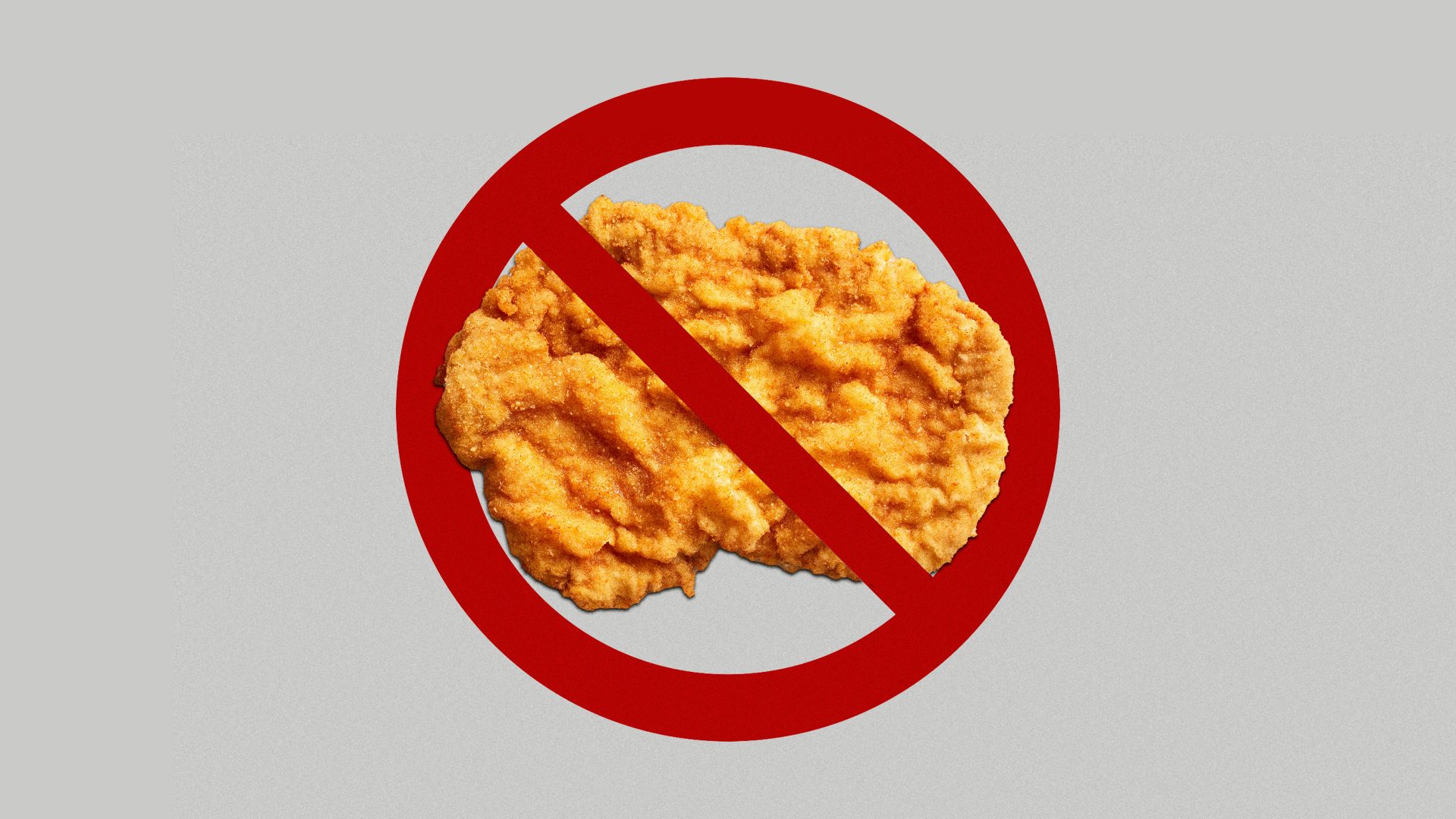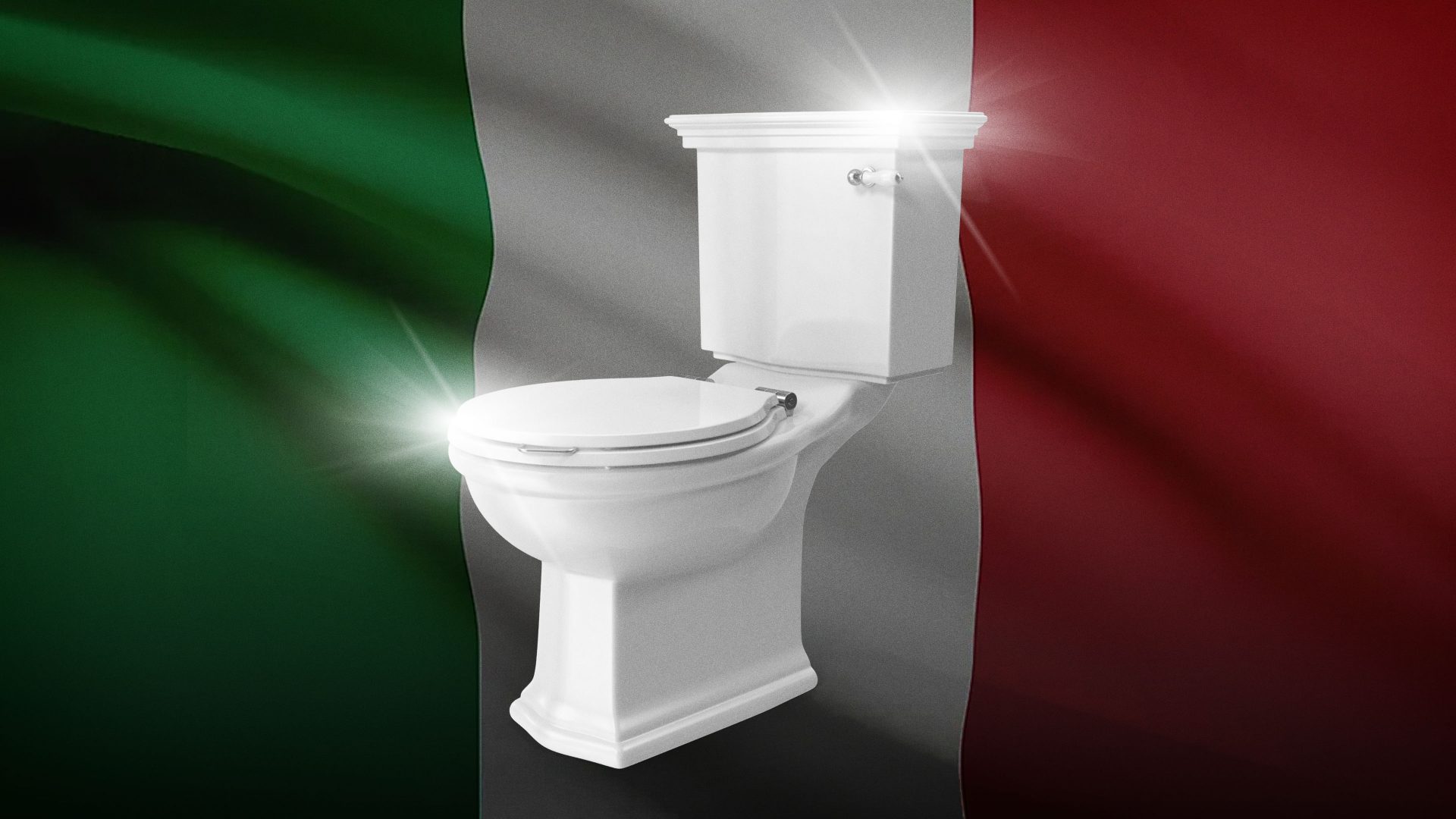I am obsessed with a TV show about food, although it’s not the one you’re thinking of. It doesn’t feature Gregg Wallace or Gordon Ramsay. Nor is it set in a Chicago restaurant where everybody shouts at each other all the time, like critics’ favourite The Bear. What I’m talking about is Netflix’s Restaurants on the Edge.
First released three years ago, RotE takes the template of Ramsay’s explosive culinary encounters and sands off the rough edges. A rescue team of three trouble-shooters (restaurateur Nick Liberato, designer Karin Bohn and chef Dennis Prescott) whizzes around the world to revamp the decor and menus of establishments that are supposedly “on the edge” – not just of financial oblivion, but also a great view, great scenery, or some other gift of geography.
Four of them are in Europe: a seafood place in Malta run by the veteran goalkeeper of the national football team, an old-time bar in Ljubljana struggling to keep pace with a changing market, a summertime eatery on an island just off the coast of Finland, and a boutique hotel high in the Austrian Alps. Recently, I watched their three-year-old makeovers and then wondered: What happened next?
Despite the prevalence of TV manuals on how to get a restaurant right – generally, have a simple menu with excellent local produce cooked well – a bit of research revealed that some of the featured restaurateurs had failed to tune in.
Žmauc, in Ljubljana, ultimately shelved its ambitions to upscale its offer and appears to have reverted to simple bar snacks, albeit to customer acclaim. The over-ambitious goalie – who on the show was found to be importing shellfish from Norway, France and Greece instead of buying it fresh daily from the huge fish market 50 metres from his door – has left Haber 16, in the fishing village of Marsaxlokk, and opened a new restaurant just 100 metres away, to seemingly mixed reviews.
There was a happier ending for former financier Turo Jokinen and his wife, Marina, who ran Ruissalon Maininki on an island near the city of Turku.
“Finland is not that well known for its food offer,” Turo told me. “In fact, it was Silvio Berlusconi who once said that there was no edible food in Finland.” Despite this, the RotE team found little room for improvement on Turo and Marina’s offering of locally caught fish, and the positive impact of the publicity meant that the Jokinens have now moved on to a 100-plus-cover place on a prime riverside site in Turku itself.
“Local fish dishes are approximately 80% of our menu, and we smoke the fish daily in our backyard and cook with the barest minimum of seasoning. The quality has to be excellent for the prices we charge,” Turo added. “In one month the revenue at our new restaurant, Oobu, was the same as for a whole summer season at Ruissalon Maininki.”
The lesson, then, is pretty much a chef’s KISS – the acronym for “keep it simple, stupid”. Food critic and broadcaster Jay Rayner told me: “Successful restaurants can make it look very simple – here’s a table, here’s the food. All restaurants I have given a good review to have done that, whereas the ones that get the bad reviews seem to overcomplicate things. There are very few closures where I say ‘Well, I never saw that coming’.”
He remembers a now-shuttered place with insects at the heart of its menu: “No one wanted to go there twice.”
Miriam Scherl and her Aussie husband, Dave Bradley, who run the Arlberg Boutique Hotel in western Austria, have followed the plan with a 1,300 square-metre garden that provides all their fresh vegetables in summer, plus a surplus for the winter season. They say they have benefited from their brush with fame – but perhaps not as much as they may have done had fate not intervened.
When the show first went out, said Miriam, “For two weeks people called and booked from all over the world, and then two weeks later, Austria went into lockdown. Without Covid, it would have been life-changing. But it’s still awesome. They really managed to capture our area and show it in a super nice light.”
However, keeping it simple does not always mean submitting to the obvious. The Restaurants on the Edge team desperately wanted Dave and Miriam to put schnitzel on the menu, believing that the national dish of Austria would be a big draw for locals and tourists alike.
“We love schnitzel,” said Miriam, “but it was a conscious decision not to do it, because everyone here does it. The fact that we were not doing schnitzel wasn’t the reason we were ‘on the edge’.” She concludes, defiantly: “We are still not doing schnitzel.”



